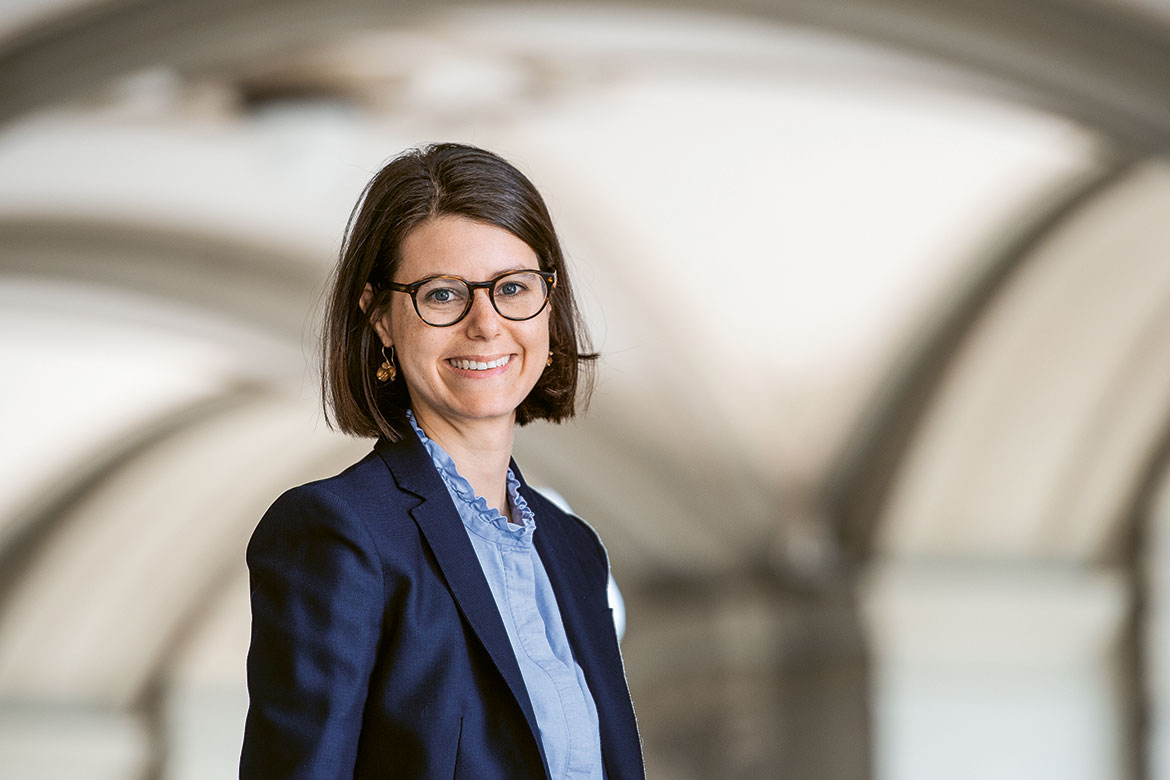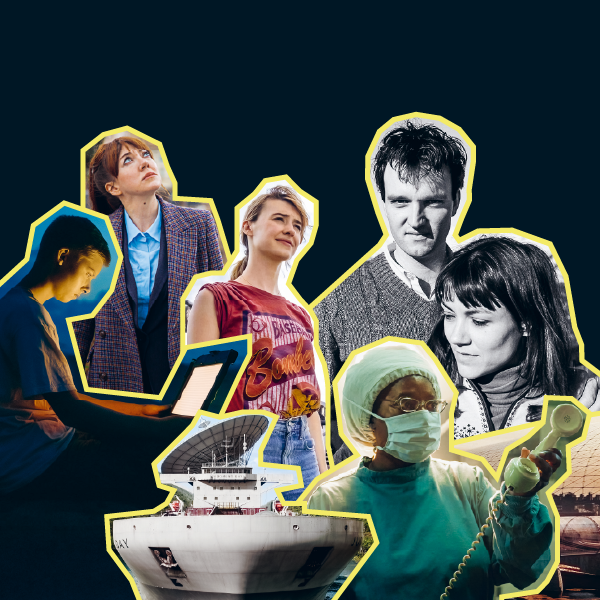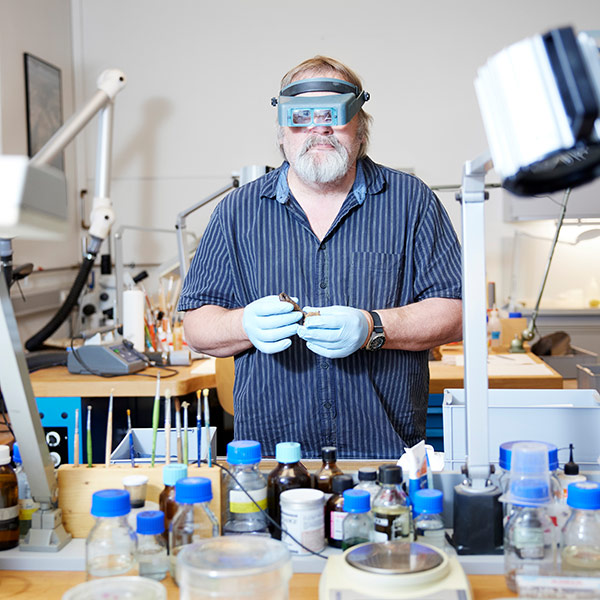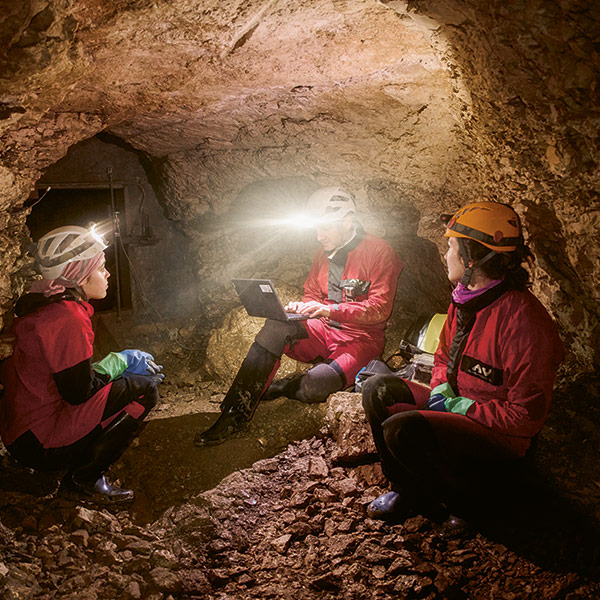An archaeologist in the Swiss Parliament
Daniela Ruppen took her doctorate in archaeology, and was given a scholarship to get practical experience of politics in a parliamentary commission. But are archaeology and politics compatible?

... but her heart still belongs to Ötzi. The archaeologist Daniela Ruppen is working at the interface between science and politics. | Image: Valérie Chételat.
Daniela Ruppen, what impressed you about the inner workings of the Swiss Federal Parliament?
It’s exciting to see how the commissions function. I was particularly fascinated by the exchange of views between commission members and the Federal Councillors who were there to ‘sell’ their ideas, as it were. Today, I work in the Federal Department of Foreign Affairs (FDFA). I now have a better understanding of the work and the dynamics necessary for Federal Councillors to convince commission members of their arguments.
Did anything surprise you about the work of the commissions?
When there are large-scale submissions, the majorities are organised before the commission actually meets. With smaller items of business however, I’ve personally experienced how decisions were made during the intervals between meetings. That was politics at first hand. I was also surprised to see how politicians alter their role and their approach, depending on their function.
What did your time in Parliament bring you personally?
Gaining an understanding of practical parliamentary work, and how commissions and politics function. That helped me to find my current job.
You studied archaeology and now work in the Federal Parliament. How did you experience this shift in role?
I didn’t have any real problems switching from research slang to political jargon. During my studies, I was part of a small team investigating the reception of the Ancient World in the 18th century, and I helped to bring our findings to a broader public by means of an exhibition in the Basel University Library. So I have a lot of practice feeling my way into the mind-set of different epochs and people, trying to understand their ideas.
How did you come to study for a doctorate in classical archaeology?
We were introduced to archaeology as a profession when I was in primary school. Straightaway, we all wanted to become archaeologists. But in my case, the fascination never left me. When I was at high school, I took private lessons to learn Ancient Greek. I then went to Basel to sit for my degree, and I’m very grateful to my parents for having always actively supported me in my dream of becoming an archaeologist.
How have you profited from studying in the humanities?
During my studies of archaeology, I acquired a lot of specialist knowledge that helped to mould me personally, but that is not very important in my daily work today. Nevertheless, thanks to having studied in the humanities, I have learnt to process large amounts of information, to read quickly, to grasp things, organise them, and to write just as quickly. I also find it easy to analyse and synthesise information, just as I have no problems with preparing texts for a specific audience.
Wouldn’t you like to work on an excavation site again?
I really enjoy my current work at the FDFA. But when I’m out hiking in the mountains, I see the melting glaciers and the expanding glacier forefields – it was at just such a site that Ötzi the ice man was found a few years ago. Then my archaeologist’s heart beats faster, and of course I’d love to be there when new discoveries are made. But my future career lies outside archaeology, at the interface of politics and science.
This Rutishauser is a freelance journalist in Bern.




